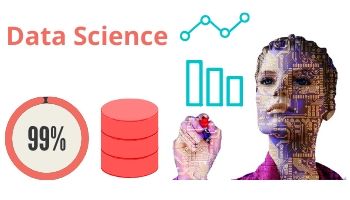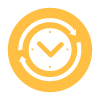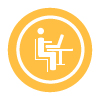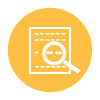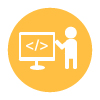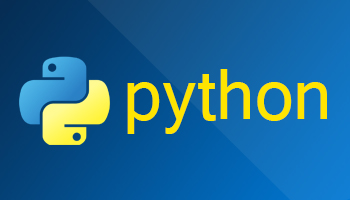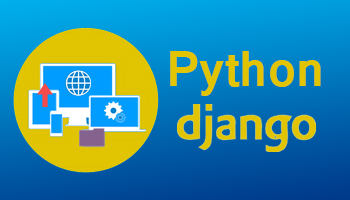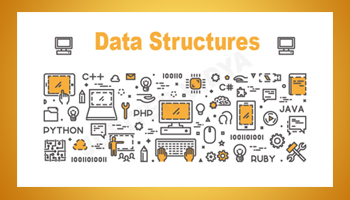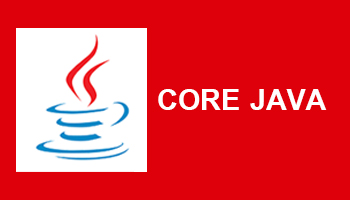Data Science using Python programming certification course enables you to learn data science concepts from scratch. It is about extracting, analysing, visualizing, managing and storing data to create insights.
Course Duration: 40 hours | Mode: Online | Timing: Flexible (Weekdays & Weekends)
What Will I Learn?
Use Python for Data Science and Machine Learning
Implement Machine Learning Algorithms
Learn to use Pandas for Data Analysis
Basic of statistics
Learn to use Seaborn for statistical plots
Know which Machine Learning model to choose for each type of problem
Who Can Take This Course
Programmer
Software Developer
Students
Anyone looking for a job
Working Professionals
Data Science with Python Programming Course Enquiry
Data Science with Python Programming Course Description
From Scratch to advance, become a Data Scientist
This Data Science and Machine Learning course is the most comprehensive Data Science course in the market, covering the basics to advanced topics of the Data Science lifecycle and machine learning algorithms. Accelerate your career with a data science course at Jupiter Vidya. It is a complete hands-on data science program for Python programmers.
Data Science with Python Programming Course Curriculum
- Data Science Introduction
- Applications of data science
- Installing Python Interpreter
- Installing Anaconda Distribution
- Introduction to MS Excel
- Sheets and cell in Excel
- Types of values
- Conditional formatting
- Sort and filter
- Pivot table
- Use case of Pivot table
- Different types of charts
- Basic, Logical, Text, Dates, Maths Formulas
- Basics of NumPy
- Array Creation
- Basic Operations
- Universal Functions
- Indexing, Slicing and Iterating
- Shape Manipulation
- Stacking together different arrays
- Splitting
- Introduction to Matplotlib
- Parts of a Figure
- Plotting functions
- Pyplot tutorial
- Formatting
- Plotting with categorical variables
- Controlling line properties
- Working with multiple figures and axes
- Working with text
- Line Plot
- Histograms
- Bar charts
- Pie charts
- Scatter plots
- Area chart
- Introduction to seaborn
- Statistical estimation and error bars
- Specialized categorical plots
- Figure-level and axes-level functions
- Visualizing dataset structure
- Customizing plot appearance
- Organizing datasets
- Plotting functions
- Introduction to Pandas
- Intro to data structures
- Series
- Vectorized operations and label alignment with Series
- DataFrame
- Column selection, addition, deletion
- Indexing / selection
- Data alignment and arithmetic
- pandas I/O API
- Excel, CSV & text files
- Indexing and selecting data
- Merge, join, and concatenate
- Reshaping and pivot tables
- Working with text data
- Working with missing data
- Categorical data
- Visualization
- Time series / date functionality
- Styling
- Comparison with other tools
- Introduction to machine learning
- Introduction to scikit-learn
- What is Supervised Learning?
- What is unsupervised learning?
- What is reinforcement learning?
- Regression
- Train-Validation-Test Split
- Linear regression implementation
- Least Squares
- Logistic Regression implementation
- Titanic problem
- What is classification
- Decision Tree algorithm
- Confusion Matrix
- Random Forest
- Naive Bayes
- Entropy
- What is Clustering & it’s Use Cases
- K-means Clustering
- Introduction to Support Vector Machine (SVM)


